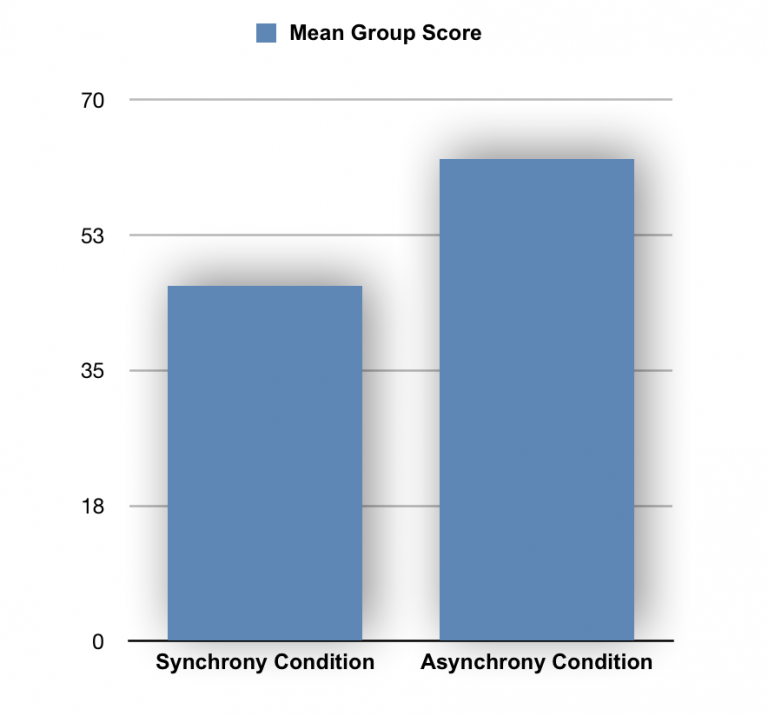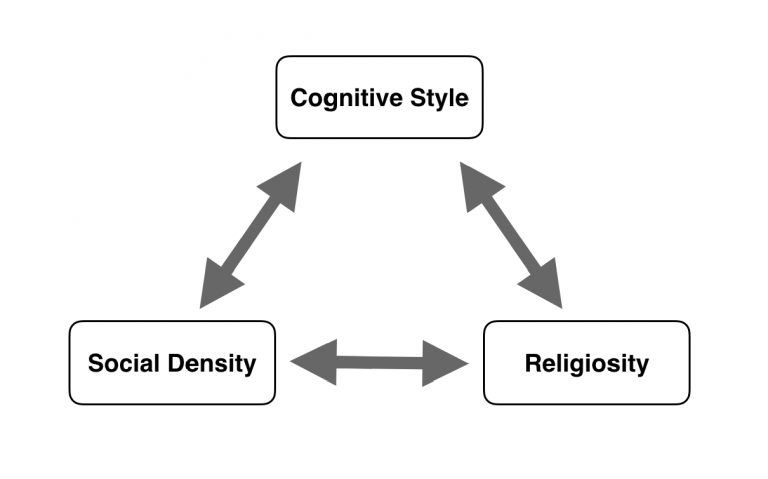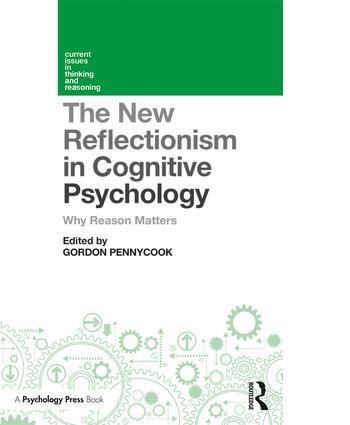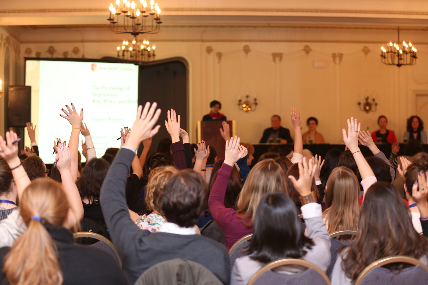
Looking back on “Reflective thought, religious belief, and the social foundations hypothesis”
In 2017, CMAC Researchers Jonathan Morgan, Connor Wood, and Catherine Caldwell-Harris published their paper “Reflective Thought, Religious Belief, and the Social Foundations Hypothesis” as a chapter in the book The New Reflectionism edited by Gordon Pennycook. In 2021, AI bots…





